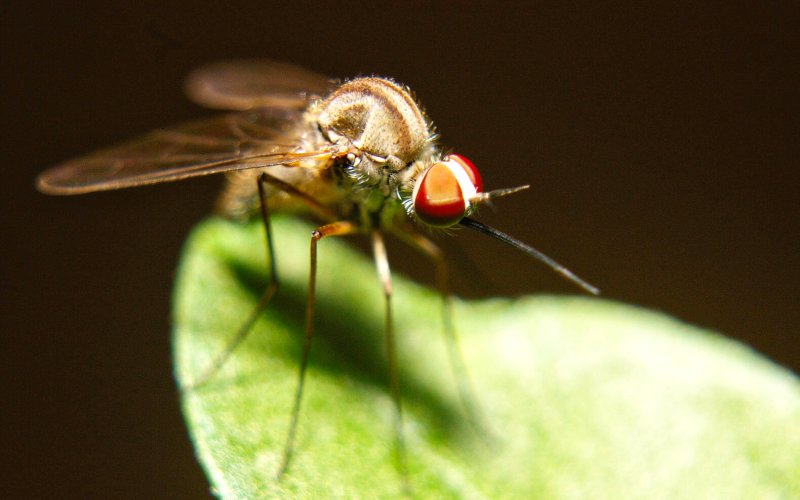Nonprofit group Project Target Malaria plans to conduct an experimental release of genetically engineered mosquitoes to stop the spread of malaria [in Burkina Faso], but activist groups say the plan is courting “catastrophe.”
The plan is to release genetically modified male mosquitoes to mate with “normal” wild females and produce offspring that are not viable,” says Dr. Abdoulaye Diabaté, lead researcher with Target Malaria.
“This will significantly reduce populations of these mosquitoes and contribute to the elimination of malaria,” says Dr. Diabaté, pointing out that current methods of malaria control both upstream and downstream ( insecticides, mosquito nets and preventive or curative pharmaceutical treatments) “show their limits.”
…
The Citizen Collective for agro-ecology, gathering about sixty organizations, is radically against the project …. “The release of genetically modified mosquitoes carries …. the risk of an appalling sanitary disaster …. the technology that Target Malaria ultimately wants to [use] will …. contaminate all the descendants of the species.“
…
In September, the project received approval from the National Biosafety Agency to release sterile male genetically modified mosquitoes at two study sites.
In Burkina Faso, there were eight million cases of malaria estimated in 2016 and 21,000 deaths. [According to the World Health Organization] malaria resulted in 445,000 deaths in 2016 worldwide. 90% of malaria cases and 91% of deaths from this disease occurred in Africa.
[Editor’s note: This article was published in French. This summary was produced with Google Translate and edited for clarity.]
Read full, original article: Burkina: controversy around GMO mosquitoes against malaria































